Persian Culture: Adapting to Over-the-Top Politeness in Iran
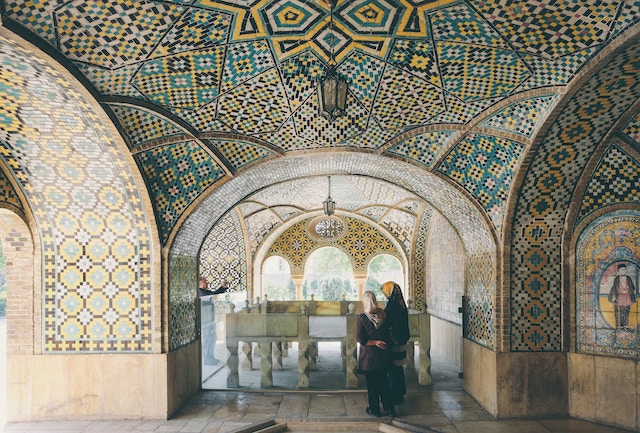
The other day, my mother took me to a salon for eyebrow shaping and facial threading. This will be my second visit to my birth country since I left 22 years ago. In Persian culture, it is customary to do threading for facial hair. In the past, I have had my legs done that way too but that was in middle school, ages ago. They must use wax by now.
To walk into a public place (well, pseudo public since no men are allowed), where women could remove their scarves and be themselves was refreshing. I became all eyes and ears to absorb the interactions of these talkative, beautiful Middle Eastern women.
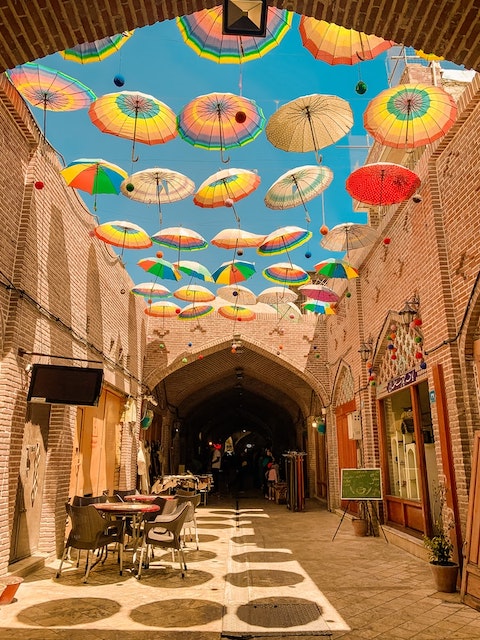
To my surprise we walked in without an appointment and were taken care of quite quickly. Once the owner saw mom, she walked towards her and kissed her on both cheeks, offering an upbeat flirtatious attitude. Mom introduced us, then nodded and smiled at one of the women wearing a short white coat. She was the esthetician who would shape my eyebrows.
In this country of haggling, when you go to pay anyone whether in a cab, a store or a restaurant, the first thing they tell you is: Ghaabel nadareh. “Don’t worry about it.”
I said hello and sat at her station. She had a familiar feel to her. A woman in her early fifties she reminded me of an older nanny–the type who could calm you down when you were scared. She looked at me and said, “I pray that my hands bring you good luck sweetheart. Now make a wish, say a prayer and let’s begin.” That’s the charm of this country. So taken by her act, I actually started making wishes.
In another station, a woman was getting hair extensions. I watched four women working on her simultaneously. They were sharing stories, laughing, and working simultaneously. Then, my esthetician said, “Okay, honey. All done. Your face looks so radiant.”
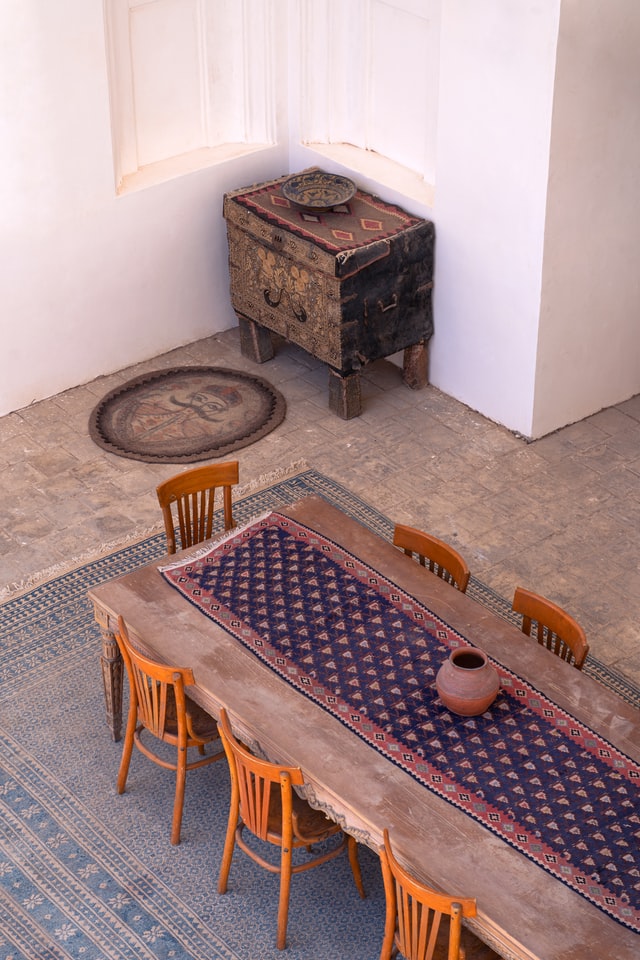
“Thank you. How much do I owe you?”
“Ghaabel nadareh,” she responded meaning, “it is worthless” or “don’t worry about it.” But I knew she didn’t really mean it. I needed to keep asking until she finally told me the price.
Iran is the land of artful politeness. This doesn’t mean that people are always polite but that there are some underlying rules for conversation and social exchange.
Persian Culture: Adapting to Over-the-Top Politeness in Iran.
In America, I am content with being called by my first name but in Iran, the people insisted on calling me Dr. or Ms. Doctor.
Most older Iranians expect to be called by their last name preceded by Mr., Mrs., or Dr., unless they tell you otherwise. When a group reaches a door–even an elevator door–they all stand around out of respect, pleading with each other to please go ahead until the most senior person goes first, followed by the next oldest, etc. Women first, then men.
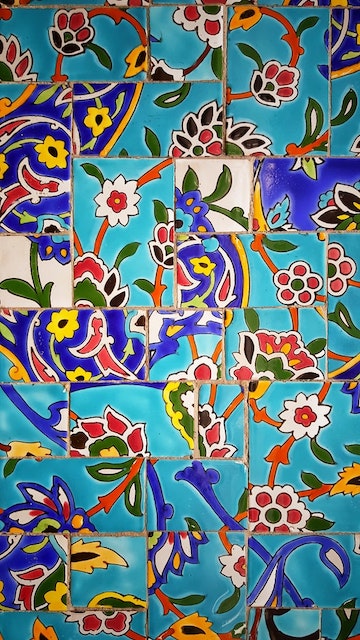
In this country of haggling, when you go to pay anyone whether in a cab, a store or a restaurant, the first thing they tell you is: Ghaabel nadareh. “Don’t worry about it.” Ladies please do worry about paying your bill even if you hear this phrase! Say thank you and continue to ask for the price. Once you have a number to work with, then you can start haggling.
When new guests arrive or when people are getting ready to leave a gathering, everybody stands up as a sign of respect. Similar to the Italians, they keep offering you food, filling up your plate even after you say you are full.
Persian culture is a culture of community.
Persian culture is a culture of community. Two girlfriends may lock arms. Two men may kiss each other’s cheeks in greeting or dance with one another. People may bump into you without saying sorry. I would watch out for men who might use this as an excuse though.
Keep in mind that the Iranian government has strict rules about men and women interacting with one another in public places. When I visited one of the hospitals here and wanted to hold a patient’s hand, a colleague warned me, “Do not touch anyone who is not of your gender.”
A culture of closeness also means that family encompasses more than the mother, father and children. It includes grandparents, aunts, and uncles. They embrace you with open arms, blanket you with their love and want to be integrated in your life. So, they’ll ask about your personal life, income, love affairs, debts, etc, and offer unsolicited advice regardless of their expertise.
When I visited one of the hospitals here and wanted to hold a patient’s hand, a colleague warned me, “Do not touch anyone who is not of your gender.”
I am an oral surgeon and on several occasions I have received medical advice from relatives who have no medical background. It’s out of love, I realize, and with the best of intentions. When a loved one suffers, each family member wants to offer his or her experience to relieve the pain.
Of course the rules of politeness are much more lenient for those who come from other countries. Iranians adore foreigners. They find white skin, blond hair and blue eyes exotic. So ladies with fair skin you will probably get a lot of attention, lots of stares, and maybe even whistles and remarks. Furthermore, just for being from another country, you’ll get a lot of questions to satisfy the people’s curiosity about life out there.
One place where there’s no such politeness is in traffic. But until then, happy travels!
Photo credit for Persian Culture: Adapting to Over-the-Top Politeness in Iran by Unsplash.







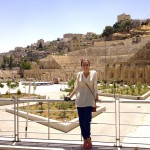

Wow! It’s touching! I really enjoyed reading your text 😉
I just fell for the terms like “Dancing with words” or “Artful Politeness”; although sometimes having the heart and the tongue not aligned is a sign of being unfaithful. I’m sure you know what I’m talking about 🙂
Wow, I love it, love it love it! It makes me feel I’m back there with you. I also love this picture of you!
You writing is very visual, I can see with your words.
Very talented.
Thank you Mojy joon.
It was awesome. I read it twice. I would like to read it more. North America and Iran are completely different. Exactly today one of my co-worker told me why you say go ahead instead of going first. I explained him what you have written. But I am not going to do it here anymore. The culture is really different. When I come back to Iran for a short visit I should remember to do that again to be polite! I am still an Iranian woman with all of that characters!
It is a great job. I am waiting to see more, khanoom doctor:)
Absolutly fell into your article. I thought I was just skimming it, but realized I had been swept up into reading it to the end. My family is not from the States, but I was born here. I struggle with being independent from family – like what American culture encourages, and reading about how intertwined people and family should be in one’s life stresses me out!!!! I like my privacy and I enjoy my independence, but I also desire a healthy balance of family…I just have no clue how to get that!
Loved your story. Thanks for sharing!
Natasha,
Thank you for the lovely comment. You are absolutely right. Personal space is great but if you stay open to family love you will experience something magical. Just make clear what your boundaries are, what you are willing to share and not share. Then dive in.
All my best to you and your family.
love it, love it, love it. Absolutely beautiful.